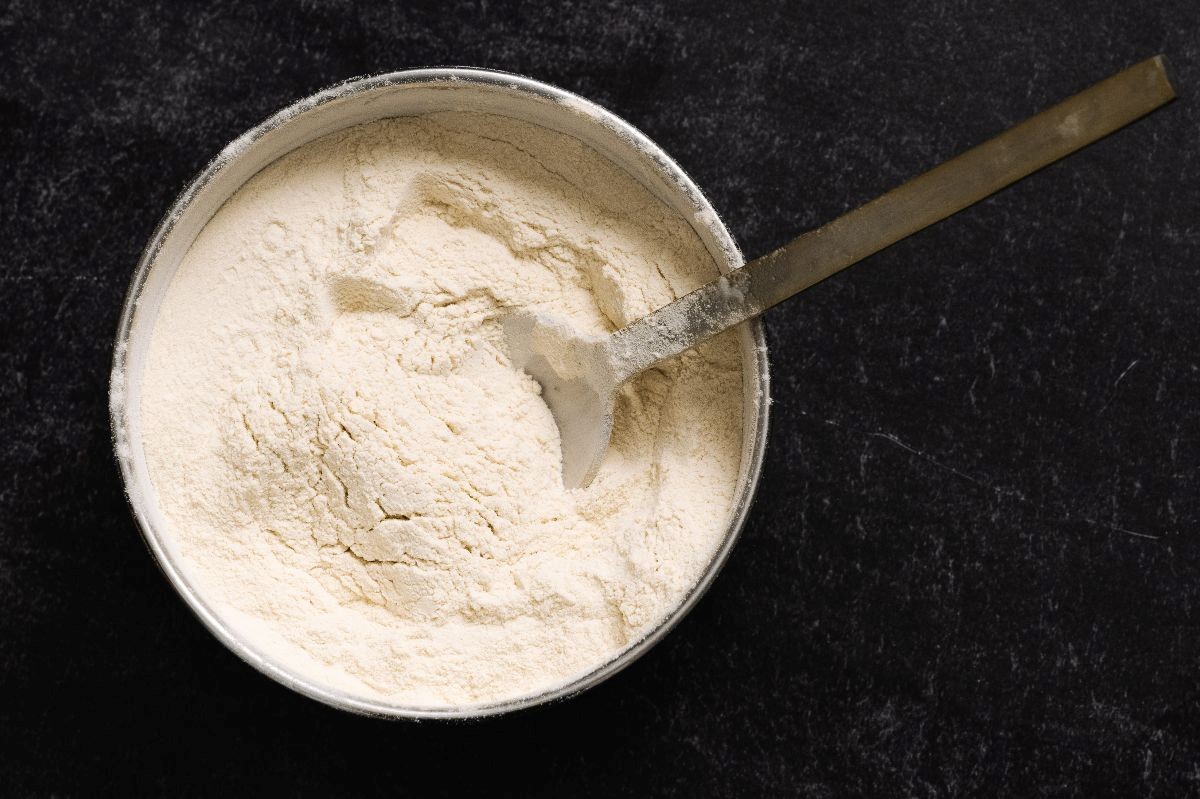

Ultra-processed plant foods may outperform unprocessed animal products on key health markers, review finds
A new peer-reviewed review has found that several ultra-processed plant-based foods deliver better cardiometabolic outcomes than their unprocessed animal-based counterparts. Published in Current Nutrition Reports on 23 October 2025, the open-access paper was authored by Mariana Del Carmen Fernández-Fígares Jiménez and Miguel López-Moreno.
The study compared the health impacts of plant-based milks, plant-based meat analogs, and margarine with those of dairy milk, meat, and butter. While ultra-processed foods are often portrayed as unhealthy, the authors found that, in these cases, the plant-based alternatives generally produced more favorable effects on cholesterol, body weight, and inflammation markers.
Soymilk substitution for dairy milk, for example, led to reductions in total cholesterol, LDL cholesterol, blood pressure, and C-reactive protein in randomized trials. Epidemiological studies linked higher soymilk consumption to lower risks of type 2 diabetes and certain cancers, including a 32% lower breast cancer risk when one serving of dairy milk was replaced with soymilk.
Similarly, replacing animal meat with plant-based analogs such as soy, pea, or mycoprotein-based products produced notable reductions in LDL cholesterol, body weight, and the pro-atherogenic metabolite trimethylamine N-oxide (TMAO). Mycoprotein-based products, in particular, yielded the largest improvements in blood lipids – likely due to their high fiber content and minimal saturated fat.
The review also found that modern soft margarines, which no longer contain industrial trans fats, outperformed butter in lowering LDL cholesterol and total cholesterol. Cohort studies reported that substituting butter with margarine was linked to a reduced risk of cardiovascular disease and mortality, benefits attributed mainly to replacing saturated fats with polyunsaturated fats.
The authors proposed several mechanisms for these effects, including lower levels of cholesterol, saturated fat, and heme iron in plant-based foods, alongside higher fiber and polyunsaturated fatty acid content. Plant proteins also contain fewer branched-chain amino acids, which may help reduce insulin resistance and improve lipid metabolism.
“While ultra-processed plant foods are less healthy than whole plant foods, they may offer better cardiometabolic outcomes than unprocessed animal-based products,” the authors wrote. “As transitional tools, products such as plant-based milks, meat analogs, and margarine may facilitate dietary shifts.”
They cautioned that the term 'ultra-processed' covers a wide range of products with vastly different nutritional profiles, and that future research should differentiate between formulations rather than treating all ultra-processed foods as nutritionally equivalent.
The paper concluded that while whole and minimally processed plant foods should remain the foundation of healthy diets, ultra-processed plant-based substitutes can still serve as valuable stepping-stones toward healthier, more sustainable eating patterns – especially for consumers transitioning away from meat and dairy.
If you have any questions or would like to get in touch with us, please email info@futureofproteinproduction.com

.png)





.webp)
